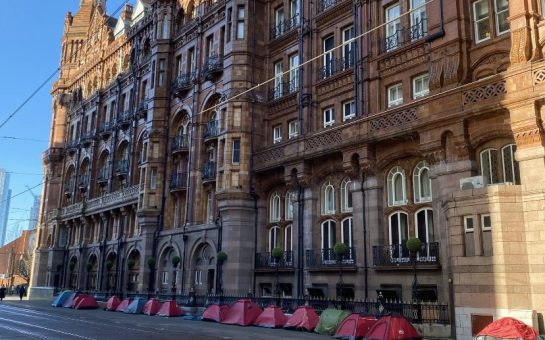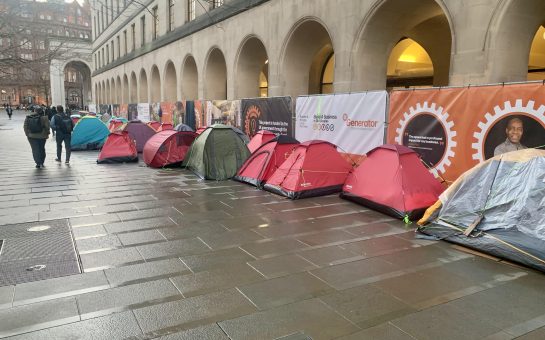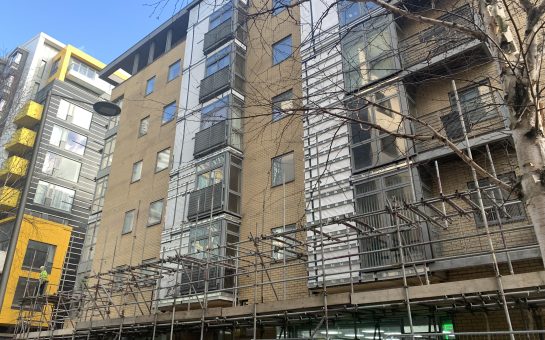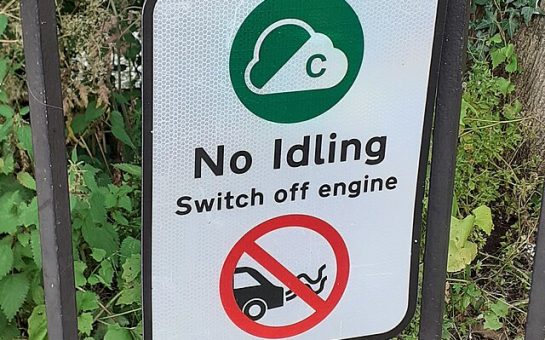Manchester Mayor Andy Burnham accused the Conservative government of taking a London-centric approach to lifting lockdown restrictions, but has revealed that so far, this has had no apparent negative effect on Manchester’s statistics.
Last week saw the biggest reduction in new cases yet, down to 477/day, with the number of daily hospital admissions now steadily below 20, and hospital deaths from Covid a third of what they were a month ago.
Although hiccups in establishing effective nation-wide testing could mean that there is a spike in the number of cases soon, that will not be the cause for concern it may seem to be.
Sir Richard Leese, council leader, said: “We’re beginning to get a positive trend.”
Local tracking and tracing will begin from next Tuesday, so the GMCA will then be well placed to tackle new clusters as they emerge.
I hope the Government will agree at some point to publish the regional R numbers at the Downing Street briefing. But, until that happens, I will highlight them myself on a regular basis. Here’s the latest numbers that I have seen. pic.twitter.com/LGDvbyUVeY
— Andy Burnham (@AndyBurnhamGM) May 17, 2020
Public transport
With the restrictions relaxed, there have been more cars on the roads, and more passengers returning to public transport.
This has prompted a change in service frequency on the tram network, and from next Tuesday, trams will run every 12 minutes, rather than every 20.
There has still been no cash injection from the government to ease Metrolink’s financial woes, but with services running every 12 minutes, they can “just about manage.”
From June 2, the 9:30am threshold for older people using discount passes, lifted during the lockdown period, will be reinstated.
An internally circulated GMCA paper from last week showed that the government had quietly brought a halt to their policy, known as “everyone in”, which meant homeless people could secure housing in hotels.
Mayor Burnham is hopeful that additional funding will be made available for ‘A bed every night’ scheme, but at the moment, it remains unclear what will happen moving forward.
Schools
The mayor has also emphasised his conviction that local authorities and not the national government ought to decide when children are asked to return to school.
He described the June 1 target announced by the government as “arbitrary”, and as such has no criticism for Bury council after they decided to ignore this target.
The GMCA has elected to liaise with headteachers in the area, and ignore the June 1 national target.
Mayor Burnham claims this approach is more sensible and better in touch with the material realities of the North West than listening to advice from Westminster.
Manchester Arena bombing anniversary
Shortly before national lockdown was initiated, Hashem Abedi was found guilty of involvement in the Manchester Arena bombing by his brother, Salman, on May 22 2017.
On Friday, the tragic event, in which 22 victims died, will be commemorated with a radio broadcast of the bells of St. Ann’s Church at 10:00pm, and a service will be live streamed from the Cathedral online.
The memorial garden planned for the area near the Cathedral entered the public consultation stage this week.
I have spoken to @Sacha_Lord & we’re pleased to announce that 70% of the donations via the @StreamGm site on Friday & up to lunchtime on Saturday will be given to charities set up by families who lost loved-ones on 22/5/2017. More details to follow. https://t.co/7XUt6eHymS
— Andy Burnham (@AndyBurnhamGM) May 20, 2020
Clean air
During lockdown, estimates indicate that levels of nitrogen dioxide by the roadside fell by 30%, which is one of the positive changes induced by lockdown that the GMCA feels ought to be preserved.
Given that susceptibility to Covid-19 has been linked to air quality, establishing the new lower levels of air pollution as a new benchmark is a high priority, albeit one which has become more difficult to achieve given the ongoing crisis.
A paper is expected to be circulated within the GMCA next week outlining their funding requests to the government.
This is expected to include a massive hike of nearly £40m to funding for low emission vehicles, from £59m to £98m.
£41m has already been secured for environmental policy, but the target is now £166m, so there is a long way to go.
Councillor Andrew Western said: “Our message is that we need to see a really significant uplift in that.”
Mayor Burnham has said that the Coronavirus has impacted the push for environmental improvements in the short-term, and the clean air zone may come in a year later than planned, in 2022.
However, he insists that Manchester’s ability to meet long-term clean air targets in 2024 will not be compromised.
Policies to achieve these targets include a bike-hire scheme, expected in 2021, and new regulations on city taxi cabs to incentivise lower emission vehicles.
In the long term, the GMCA hope to completely ban all private motor vehicles from the city centre, increasing an emphasis on pedestrians, cyclists, and public transport.
Mayor Burnham has reiterated that it is too soon for the inevitable inquest into the government’s handling of this crisis, and that his criticisms and points of departure from the government’s policies are only meant constructively.
It is especially important for those who feel they must return to work to continue to practise social distancing, and where possible, use masks and other protective measures to reduce the spread of the virus.
Resources continue to be available online for those seeking official guidelines for businesses, and the latest medical advice.



